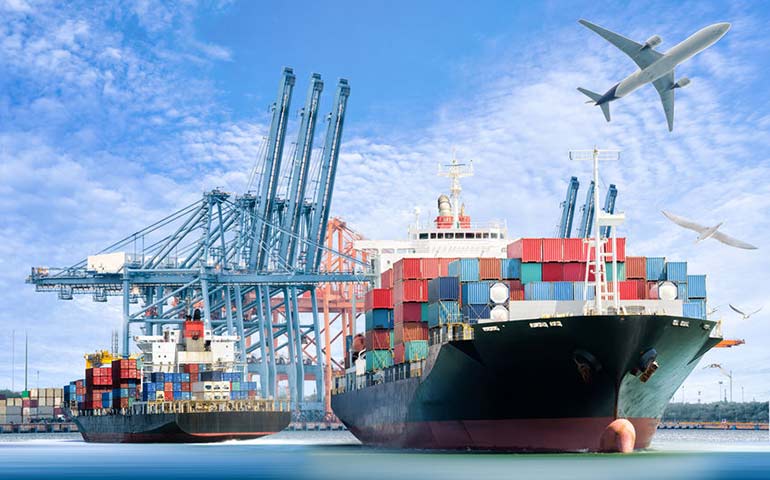EFCTC calls for further checks to combat illegal trade
1st March 2020
BELGIUM: The EFCTC has called for a range of measures to combat illegal refrigerants including random supply and purchase checks, increased customs’ vigilance and heavy penalties for infringements.
In a new position paper, the group, which represents the major refrigerant manufacturers, also seeks an extension of the current European ban on non-refillable cylinders.
It suggests a number of measures that EU member states could take under the current F-gas regulations.
The group, formed of refrigerant producers Arkema, Chemours, Daikin, Honeywell and Koura, calls for European member states to carry out targeted and random checks of the complete HFC refrigerant supply chain.
As both operators/owners of equipment and suppliers must keep records of the HFCs supplied and consumed under article 6 of the F-gas regulation, the EFCTC argues for checks to the full supply chain of F-gases up to and including the producer/importer of HFCs. It advises targeted checks to focus on “especially vulnerable” users such as car air conditioning repair shops, dairy farms and small retail outlets.
Anyone failing to provide evidence of purchases could be fined to an amount equivalent to the CO2-eq of the purchase under the EU emissions trading system (ETS) – approximately €25/T CO2-eq) – it says.
The EFCTC further claims that many purchases of illegal HFCs are paid for in cash and, therefore, enhanced checks of certified servicing companies should be made under the VAT regulations (risk-based approach).
Dissuasive penalties
While most member states have now established penalties for infringements of the F-gas regulations, these vary from country to country. The EFCTC maintains that current penalties are considered merely as a “cost of doing business”. In addition to a fine no less than the ETS value of the HFCs imported or used illegally, the cost of destruction should also be added in cases of confiscation.
Enhanced customs involvement
The involvement of the customs authorities is key to combatting the illegal F-gas trade, but the EFCTC recognises that they have many responsibilities and are often overwhelmed by the number of tasks they are expected to complete.
In addition, the EFCTC says they have little awareness of the restrictions under the F-gas regulations, so has developed a decision tree to assist front-line customs agents to determine if HFCs declared for import are legitimate.
One of the critical elements is access to the EU F-gas portal where customs can check if the consignee is registered in the F-gas registry and the quota allocated. To help in identification, the EFCTC recommends that member states require any importer of HFCs to include their registration ID in customs declarations.
The EFCTC maintains that a “substantial quantity” of HFCs are entering the EU under transit rules and recommends the imposition of a security fee for the CO2-eq value of the shipment. It also recommends that customs monitor companies claiming their cargo is ‘in transit’ and track that it subsequently leaves the EU, whether those companies are exceeding quota, and to look at companies importing HFCs under the 100 TCO2eq threshold to check that they do not repeatedly import.
Non-refillables
While the F-Gas regulation prohibits non-refillable cylinders, this applies to their placing on the market, not their subsequent use. The EFCTC calls for their use to be banned as well, with a transitional period of perhaps three months for refrigerant currently in circulation.







